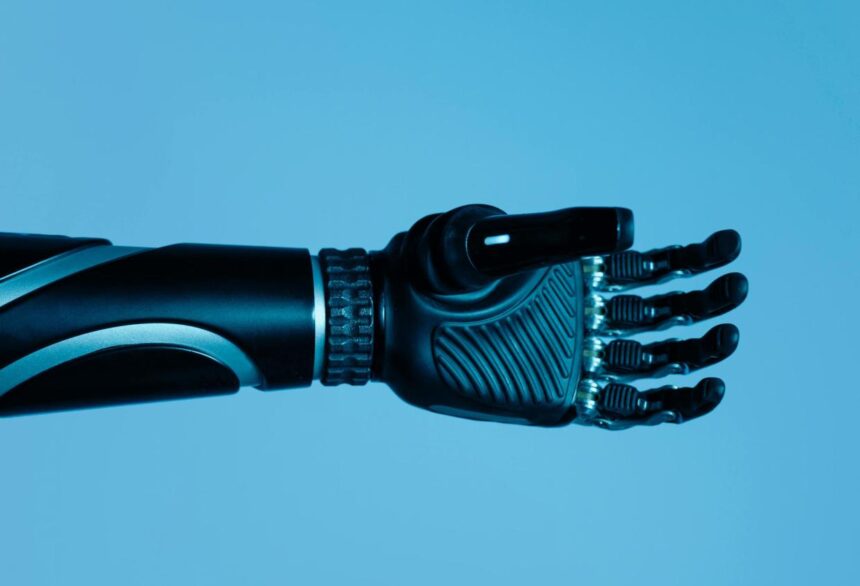Elon Musk’s Neuralink is pushing brain-computer interface technology further. The company recently posted a video suggesting a human patient successfully used Neuralink’s N1 brain chip to control a robot arm with their mind. The clip shows the arm writing “Convoy” on a whiteboard, referencing Neuralink’s study on assistive robotics for people with disabilities.
While the short video does not reveal who controlled the arm, online reactions suggest the implication is clear: a patient used their thoughts to move a robotic limb.
What’s Happening & Why This Matters
A Step Toward Assistive Robotics
The Convoy study aims to help individuals with severe mobility impairments regain independence. Neuralink’s first human patient, Noland Arbaugh, previously demonstrated control over a computer mouse using the N1 brain chip. Now, the company is integrating the technology with robotics.
- Neuralink’s N1 chip translates brain signals into wireless commands.
- The technology could lead to exoskeletons and robotic limbs controlled purely by thought.
- The study targets quadriplegics who have lost limb function but could regain movement using mind-controlled assistive devices.
Expanding Human Trials
Neuralink has already implanted its chip in at least three patients and plans to extend testing to additional participants, including in Canada. The company is refining its technology to ensure reliability, safety, and greater functionality for real-world use.
The Future of Brain-Computer Interfaces
The potential for brain-computer interfaces (BCIs) goes beyond assistive devices. If Neuralink’s technology continues to evolve, it could lead to breakthroughs in communication and mobility and even restore lost sensory functions. The ability to control digital or physical systems using pure thought could change lives.
TF Summary: What’s Next
Neuralink’s N1 chip is proving it can bridge the gap between the brain and machines. The latest video suggests real progress in mind-controlled robotics. As human trials expand, Neuralink is inching closer to making brain-controlled prosthetics and assistive devices a reality.
— Text-to-Speech (TTS) provided by gspeech


